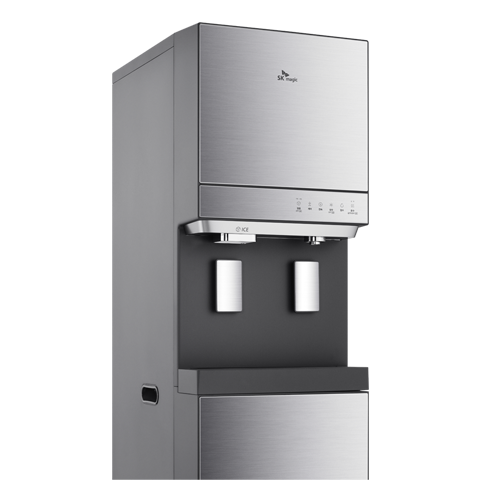For this reason, when consumed for the purpose of improving health, rather than just eating raw peas, people often drink them separately with tea. Today, we will learn about the efficacy, side effects, and how to stop them. The efficacy of bean teaIf you drink these beans with tea, these ingredients come out even more, providing strong anti-inflammatory and immune enhancement effects and contributing to the relief of symptoms of respiratory and bronchial diseases such as rhinitis, asthma, and sinusitis. In fact, according to a study by a research team at the Far Eastern Federal University in Russia, flavonoids play an important role in keeping the respiratory system healthy. 2. Protecting the gastric mucosaFor a long time, peas have been used as a natural remedy to relieve inflammation and respiratory diseases. They are rich in vitamin A and vitamin C, and full of vitamin B, which boosts your physical vitality and contributes to your immune system. In particular, they contain four times more flavonoids than soybeans, which are known to be powerful antioxidantsThere are many ways to use peas. Many people enjoy it as tea, but it’s also good to make and eat mixed rice with green beans and dried beans. What’s important is that you constantly consume them in any form. You just put five or seven dried or double-dried peas in a liter of water and cut them off like barley tea. Side Effects of Pea TeaPea bean tea not only inhibits the conversion of obesity progenitor cells into fat cells, preventing unnecessary fat from accumulating in our body, but also promoting fat metabolism, contributing to the reduction of body fat through fat combustionThe flavonoids in pea tea have remarkable anticancer effects. In this regard, a study found that when the pea extract was treated on cancer cells for 24 hours, about 95 percent of the cancer cells died. In addition, the potassium abundance in pea tea not only helps to lower blood pressure and reduce edema, but also helps to reduce cholesterol and triglycerides in the blood, regulate blood sugar, boost immunity, and protect bone health. How to eat pea teaIn fact, one study has shown that bean extract inhibits adipocyte differentiation and proliferation, and prevents adipose accumulation. The same study has shown that bean extract affects the expression of genes and proteins related to fat synthesis and energy production, and is also effective in reducing weight loss and lipid levels in the blood. 5. Improving non-inflammatory symptoms1. Respiratory healthPea bean tea contains a large amount of protein, concanavalin A, and fiber. Here, concanavalin A contributes to strengthening the digestive function, and fiber is a source of beneficial microorganisms in the intestine, which is beneficial for relieving constipation. 4. DietSince peas have been consumed as a part of your diet for a long time, they are generally safe. However, those who are allergic to legumes need to be careful. At first, it is recommended to start with a small amount, check your body’s reaction, and gradually increase your intake. Excessive intake can cause digestive problems such as abdominal pain and diarrhea, so it is recommended not to drink too much beans a day when drinking green beans tea. Wrap it upHello, I’m Ray, a fitness trainerThe histidine component of jokdu beans tea is effective in relieving nose-related diseases such as rhinitis and pustules. In addition, jokdu beans are rich in vitamin A, vitamin C, saponin, etc., which increases immunityIt is rich in flobonoids, which suppresses inflammation in the respiratory tract, soothes the symptoms of allergic reactions caused by various stimuli, and also helps the respiratory health in general 6. Other effectsIt’s a healthy drink that is widely known to be good for rhinitis, and it’s called tea. Small beans are 30cm big enough to be called the king of the beans, and they’re called small beans because they look like small beans



